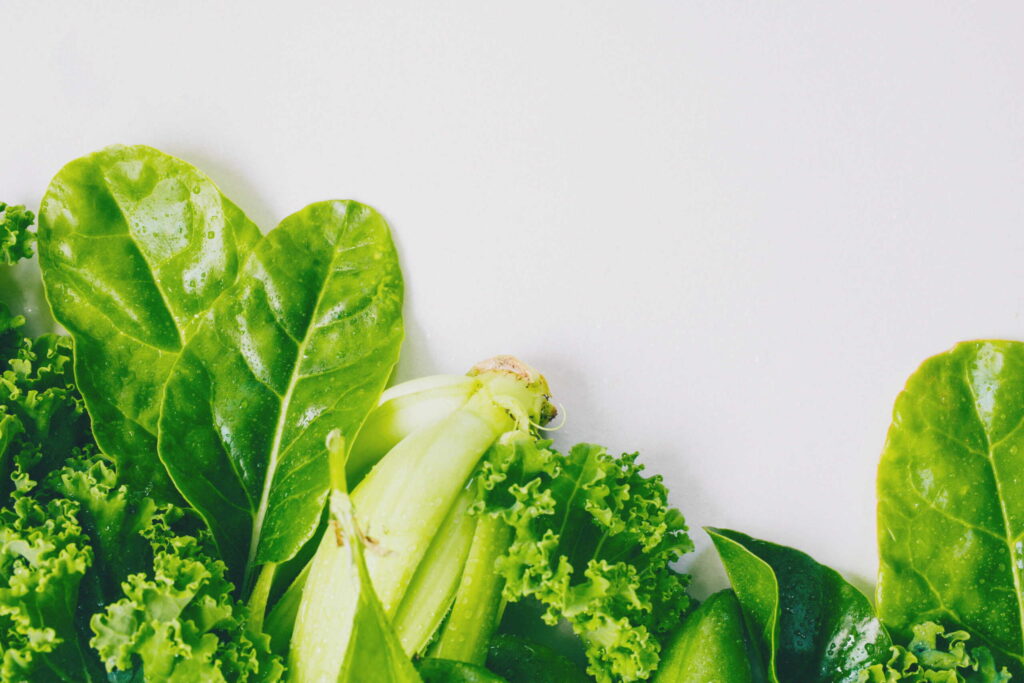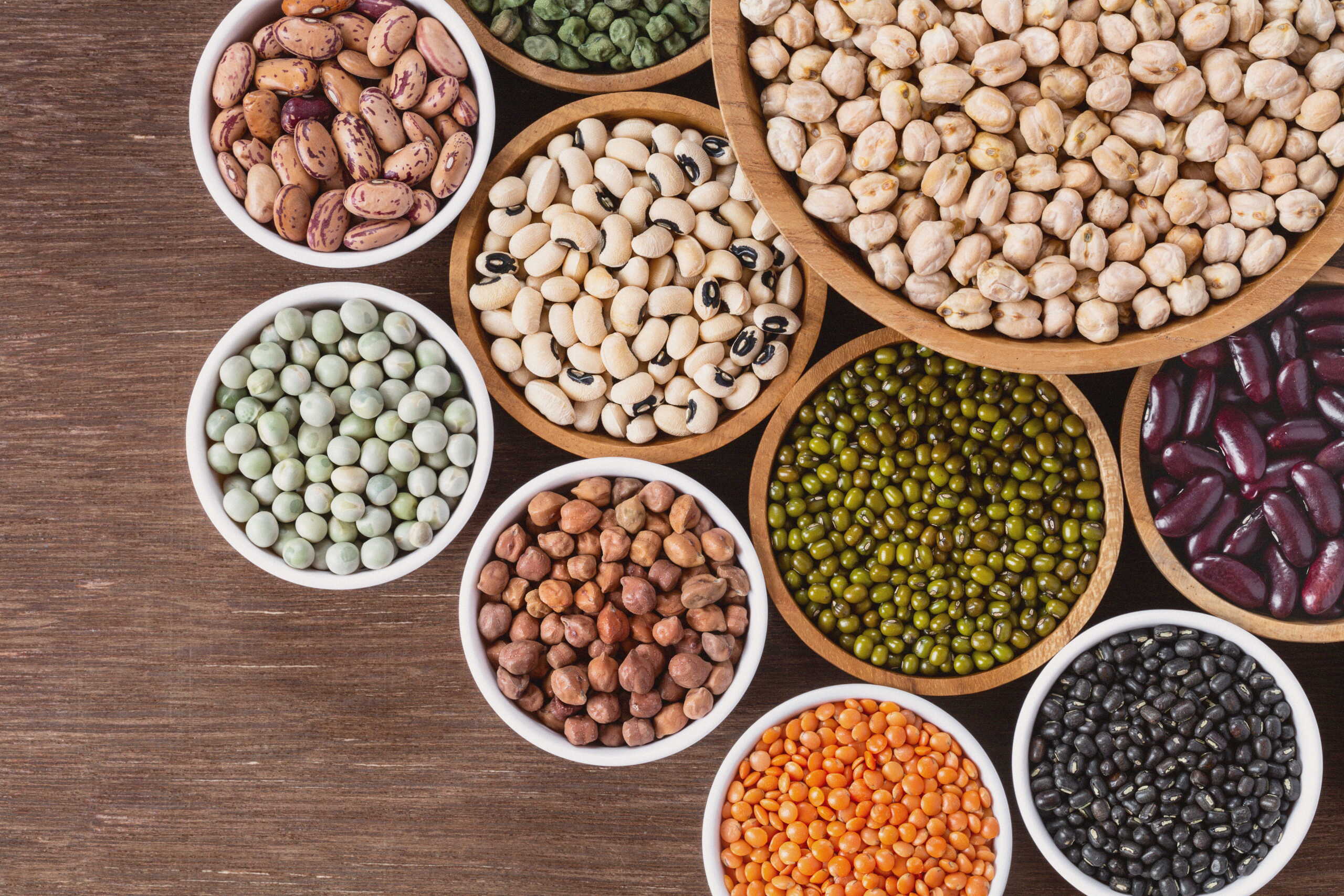Hypercalciuria refers to a medical condition characterized by the presence of abnormally high levels of calcium in the urine.
Although calcium is essential for various bodily functions, excessive excretion can cause health problems such as kidney stones.
Interestingly, managing hypercalciuria can involve making specific dietary changes, such as reducing calcium and protein intake.
In this article, we will delve into the correlation between hypercalciuria and diet, focusing on how a low calcium and low protein diet can help restore balance to calcium levels in the urine.
Understanding Hypercalciuria
Hypercalciuria is a condition characterized by the increased excretion of calcium in the urine.
This excess calcium can lead to the formation of kidney stones, which are hard deposits that can develop in the kidneys and cause pain and discomfort.
Several factors can contribute to hypercalciuria, including genetic predisposition, certain medical conditions, and dietary choices.
- Types of Hypercalciuria: There are different types of hypercalciuria, including idiopathic hypercalciuria (of unknown cause), absorptive hypercalciuria (related to increased calcium absorption in the intestines), and renal hypercalciuria (related to impaired renal tubular function).
- Symptoms and Complications: Hypercalciuria may not always present with noticeable symptoms. However, over time, it can contribute to the formation of kidney stones, a condition known as nephrolithiasis. Kidney stones can cause pain, urinary tract infections, and, in severe cases, kidney damage.

The Role of Diet in Hypercalciuria
Managing hypercalciuria can be significantly influenced by the diet.
Specific dietary choices can affect calcium excretion in the urine.
Contrary to popular belief, in some cases, a diet that is low in both protein and calcium can be beneficial in managing hypercalciuria.
- Calcium Absorption and Oxalate Binding: It is essential to get enough calcium from our diet to prevent the absorption of oxalate in our intestines and reduce its excretion in our urine. However, excessive calcium intake, primarily through supplements, can lead to hypercalciuria.
- Protein and Acid Load: High protein intake increases acid production, which causes calcium loss from bones, leading to hypercalciuria when excess calcium is excreted in urine.
Low Calcium Diet for Hypercalciuria
Contrary to what is commonly believed, restricting dietary calcium can effectively manage hypercalciuria.
It is crucial to differentiate between complete calcium restriction and modifying the kind and origin of dietary calcium.
- Calcium-Rich Foods to Limit: For individuals prone to hypercalciuria, limiting high-oxalate calcium-rich foods can be beneficial in preventing calcium-oxalate kidney stones. These foods may include dairy products and certain leafy greens.
- Calcium Supplements: Obtaining calcium through a balanced diet is recommended rather than relying on calcium supplements, which can cause an increase in urinary calcium levels if taken excessively.

Low Protein Diet for Hypercalciuria
Reducing protein intake, especially animal protein, is another dietary approach to manage hypercalciuria.
Animal proteins, such as meat and fish, can increase the acid load in the body, leading to increased calcium excretion.
- Plant-Based Protein Sources: Consider incorporating more plant-based protein sources, such as legumes, tofu, and beans, into the diet. Plant proteins are generally associated with a lower acid load and may be better tolerated in cases of hypercalciuria.
- Limiting Animal Proteins: Although it’s not necessary to eliminate animal proteins, it’s important to moderate their consumption. Choose lean meat, poultry, and fish cuts while considering plant-based protein sources to diversify your protein intake.
Balancing Nutrient Intake for Optimal Health
Managing hypercalciuria with a low calcium and low protein diet should be done under the guidance of a healthcare professional, as individual dietary needs vary.
It’s crucial to strike a balance between limiting certain nutrients to manage hypercalciuria and ensuring overall nutritional adequacy.
- Consultation with Healthcare Professionals: Before making significant changes to your diet, especially for medical conditions like hypercalciuria, consult with a healthcare professional, such as a registered dietitian or a urologist, to receive personalized guidance.
- Hydration and Other Factors: Adequate hydration prevents kidney stones, regardless of dietary adjustments. Maintaining a healthy body weight, limiting sodium intake, and incorporating physical activity can contribute to overall kidney health.
- Monitoring and Adjusting: It is essential to regularly monitor urinary calcium levels and other relevant parameters to assess the effectiveness of dietary modifications. Individual responses and health status may require adjustments to the diet.
References
Disclaimer
- It is intended for general informational purposes only: The information provided on BioKissed’s website and app, including but not limited to business opportunities, nutrition tips, healthy lifestyle tips, healthy lifestyle practice articles, nourishing recipes, and wellness articles (hereinafter collectively referred to as “Content”), is intended for general informational purposes only. The Content is not intended to be a substitute for professional business advice, medical advice, diagnosis, or treatment.
- It is solely at your own risk: BioKissed does not recommend or endorse any specific tests, physicians, products, procedures, opinions, or other information that may be mentioned on the website or app. Reliance on any information provided by BioKissed, its employees, contracted writers, or others appearing on the website or app at the invitation of BioKissed is solely at your own risk.
- BioKissed does not endorse or approve any views in the Content: BioKissed does not guarantee the accuracy, completeness, or usefulness of any Content, nor does it endorse any views expressed within the Content. The inclusion of any Content on BioKissed’s website or app does not imply endorsement or approval of such Content.
- You voluntarily assume all such risks: Before participating in any challenge, making significant lifestyle modifications, altering your dietary practices, or engaging in any related activities, it is advisable to assess your personal health and fitness levels. BioKissed expressly disclaims responsibility for the substances individuals choose to consume, and the company is not liable for any consequences, including those related to food allergies, resulting from such choices. By choosing to participate in any challenge, you acknowledge and agree that any such activities carry inherent risks, and you voluntarily assume all such risks, even if they arise from the negligence of BioKissed, its affiliates, or its members.
- BioKissed and its content providers disclaim any responsibility or liability for consequences: BioKissed and its content providers assume no responsibility or liability for any consequence relating directly or indirectly to any action or inaction you take based on the information found on or through BioKissed’s website or app.
- Read more
